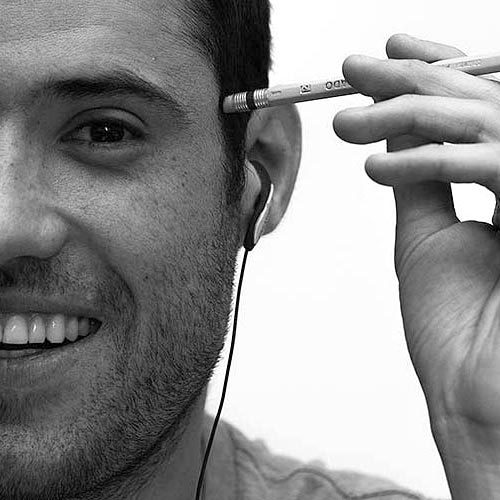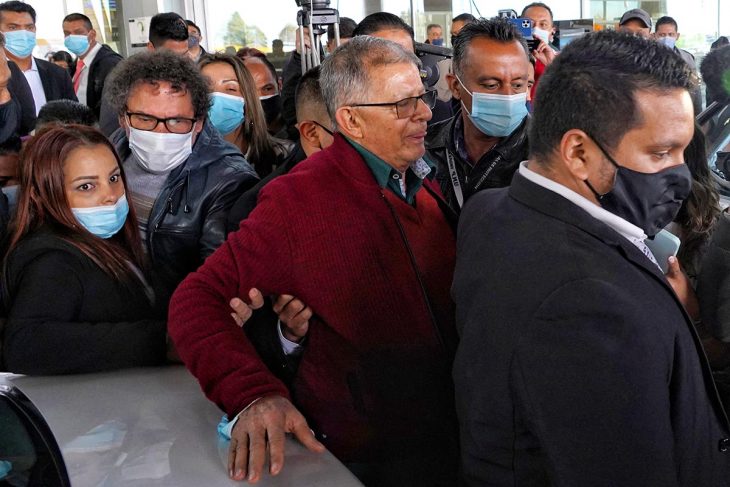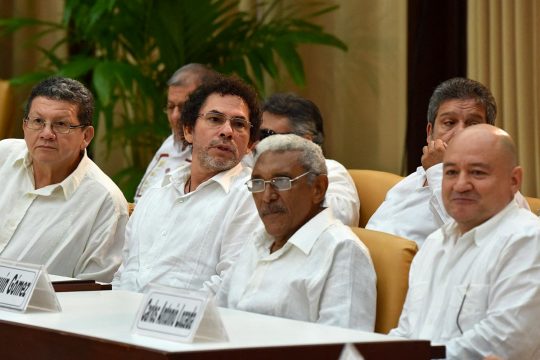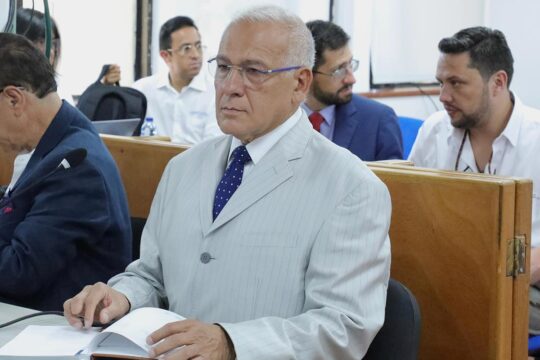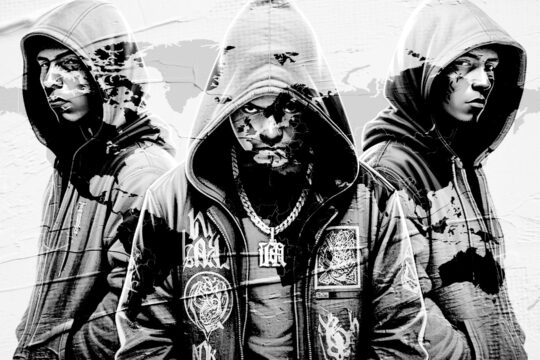For a couple of hours, Colombia’s transitional justice system experienced an earthquake. On the evening of October 19, Rodrigo Granda - one of the rebel’s former peace negotiators - was detained at Mexico City airport following an international arrest warrant against him. The Interpol red notice was issued because Paraguay accuses the former Revolutionary Armed Forces of Colombia (FARC) rebel leader of the kidnapping and murder 17 years ago of Cecilia Cubas, the daughter of a former president of that country.
But a few hours later, the Mexican government decided to allow Granda to return to Colombia, thus choosing not to heed Paraguay's extradition request and arousing the ire of Mario Abdo's government. His express deportation avoided what could have become a legal saga like the one that kept Chilean dictator Augusto Pinochet in London for a year and a half.
Although the Paraguayan arrest warrant dates back to 2008, the detention came at a particularly sensitive time: in the next two months, Granda will become one of the first persons convicted by the transitional justice system resulting from Colombia’s 2016 peace deal. Granda, known as the FARC’s 'chancellor', is one of the seven former rebels indicted by the Special Jurisdiction for Peace (JEP) in its first macro case, which deals with thousands of kidnappings and which the tribunal qualified as war crimes and crimes against humanity.
In April, Rodrigo Granda accepted the charges and at the end of this year, perhaps in November, a public hearing should be held. The court will then impose his punishment, which will be - if he meets the four conditions of acknowledging his responsibility, providing truth, repairing his victims and not reoffending - a non-prison sentence with effective restriction of liberty for five to eight years. If he fails to comply, he will receive a 15-to-20-year prison sentence.
Although Mexico’s handling of the crisis means Granda will be able to continue in the JEP, his brief detention raises questions about what will happen to crimes committed by FARC members in other countries or against foreign nationals - or if another country opens a case invoking universal jurisdiction. And, above all, what will be the strategy of the Colombian government and the transitional justice to persuade these countries - for whom its procedures are not binding - that Colombia is fulfilling its duties to investigate these atrocities.
The crime that shook Paraguay
On September 21, 2004, unknown persons intercepted the car driven by Cecilia Cubas in San Lorenzo, a university town in the metropolitan area of Asunción. A group calling itself the Paraguayan People's Army (EPP) later claimed responsibility for the kidnapping and demanded a ransom of US$3 million, sending her family proofs of life in which the 31-year-old businesswoman looked increasingly emaciated. The case was highly publicized because such crimes were uncommon in Paraguay and because the victim came from a prominent political family. Her father Raúl Cubas Grau had been Finance minister and was elected president in 1998, and her mother Mirta Gusinsky is a former senator.
After two months of silence from the kidnappers, on 16 February 2005 prosecutors raided a house in Ñemby, another town near the Paraguayan capital. Under the false floor of the kitchen they found a tunnel and, inside, the remains of a person with signs of torture and of having been buried alive. Forensic tests confirmed that it was Cecilia.
Four people were convicted of the heinous crime and sentenced to prison terms of between 25 and 35 years. Among them was Osmar Martínez, accused by the Paraguayan Attorney General’s Office of being the mastermind behind the kidnapping and the link to the FARC. According to prosecutors, Martínez had been in Caracas months before the kidnapping, for a training course with Rodrigo Granda.
An expert report established that the pair allegedly exchanged at least 32 e-mails before and during Cubas’ kidnapping, in which Granda gave Martínez advice on planning the abduction and conducting the negotiation, according to ABC Color. Prosecutors accused the FARC leader of being the owner of the trotador505@hotmail.com account and a judge ordered his arrest for kidnapping, criminal association and intentional homicide in 2008. For these reasons, her sister Silvia Cubas describes him as the “head coach” of the kidnapping.
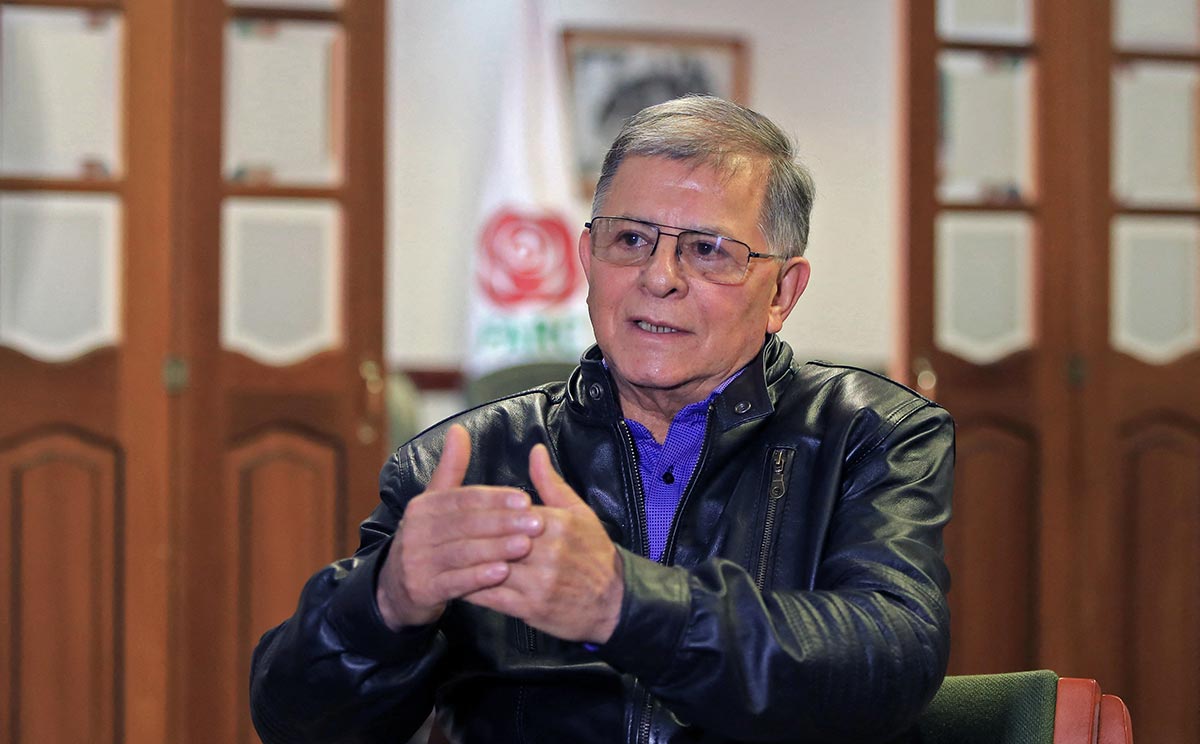
FARC's international kidnappings
Kidnappings were for years the FARC's most infamous practice, with images of caged and chained prisoners in the middle of the jungle capturing the attention of media around the world and garnering the repudiation of Colombian society. Its magnitude was such that there are 2,456 victims accredited before the JEP as parties in the case.
FARC’s victims included a number of foreign nationals. The court's indictment documents at least ten such cases. Perhaps one of the best known is that of three U.S. defense contractors who were verifying coca crops and whose aircraft was shot down by rebels. They were held hostage for five years until they were freed in the same 2008 military operation that freed former presidential candidate Ingrid Betancourt.
But there are more. The oldest the tribunal found was that of Canadian Eric Leupin, honorary consul of the Netherlands, who described his 1974 abduction in the Huila volcano as “having been on another planet”. They multiplied in the 1990s: in 1996, Italian rancher Danilo Conta was kidnapped for six months. Two years later, four U.S. tourists and one Italian were kidnapped while searching for the elusive and endangered Cundinamarca antpitta, one of the 1,921 species that make Colombia the country with the largest number of birds in the world. In 2001, three German officials from the GTZ development agency were kidnapped too.
In some cases, political pressure helped avoid tragic outcomes. A Mexican engineer kidnapped in Ortega (Tolima) was freed two weeks after President Vicente Fox threatened FARC in 2002 with suspending the visas of members of its ‘international commission’ allowed to operate there during the failed Caguán peace talks.
In other cases, the guerrilla decided to kill its hostages. In 2003, the body of Japanese Chikao Muramatsu, vice-president of an auto parts company, for whom FARC had been demanding an absurd ransom of 27 million dollars, was found. Four years earlier, they murdered three US indigenous activists accompanying the U'wa people in their opposition to an oil project, on the orders of the late commander Germán Suárez 'Grannobles'.
For the JEP, this case of Terence Freitas, Ingrid Washinawatok and Larry Gay Lahe'ena'e reveals “the particular vulnerability of foreign nationals, who were considered to belong to foreign intelligence bodies such as the CIA” and the erroneous perception that because they were not Colombian they were rich. In fact, Freitas’ mother and her partner are two of the foreigners who are registered as intervening victims in the case in Colombia.
Colombian transitional justice vs. Paraguayan justice
The main stumbling blocks in the Granda case are that the kidnapping of Cecilia Cubas occurred in another country and that two of its members – Granda and Orlay Jurado ‘Hermes Aguilar’ - may have acted as enablers. Still, the JEP-led process could provide some of the truths that the Cubas family is still seeking - as long as the tribunal can escape the conflict of jurisdictions that became evident in Mexico.
The reason is that the Colombian transitional justice doesn’t investigate individual cases, but rather focuses its efforts on macro-cases that reveal the policies and patterns of the most emblematic crimes and illustrates them with representative examples. This is how the indictment on kidnappings - an atrocity so symbolic that it is the JEP’s ‘case 01’ - references the stories of hundreds of victims by name and specific details.
To do so, however, Colombia will have to persuade Paraguay that, while its transitional justice procedures are not binding for other countries, convictions of FARC leaders can also provide justice in a case that remains an open wound there.
The JEP’s letter never arrived to Paraguay
The JEP, aware of the arrest warrant against Rodrigo Granda in Paraguay, sent a letter in September. The tribunal wanted to inform Paraguay about progress in the case and request legal assistance: it detailed its first indictment of former rebel bosses and the legal qualification - the gravest possible - given to the crime, Granda’s decision to accept the charges and his expression of willingness to provide truth in the Cubas case. In addition, it asked the Paraguayan Attorney General's Office to send the Cubas case file in order to contrast Granda’s testimony.
The JEP sent the letter to the government of President Iván Duque to be sent to Asunción that same month of September. As proof of delivery, Colombia’s Justice Minister Wilson Ruiz sent us the JEP’s letter, the letter from the ministry to the Paraguayan Attorney General and the postal service report. However, consulted by Justice Info in collaboration with Paraguayan daily ABC Color, in Paraguay senior officials and the judiciary deny having received it. “No letter of any kind arrived. I even checked with the Anti-Kidnapping Department of the National Police to see if it arrived that way, but we have nothing. Nothing arrived in Paraguay via diplomatic channels”, Foreign Minister Euclides Acevedo told ABC Color.
Documents provided by the Minister of Justice of Colombia:
Attorney General Sandra Quiñonez, who famously led the Cubas original investigation 17 years ago, did not respond to questions from Justice Info, even though the letter from Colombia’s Justice Ministry on September 22 was addressed to her. Quiñonez referred us to her lead press officer, Ignacio Martinez, who also did not respond to questions.
“We are not aware of the letter. We have no knowledge either in International Affairs or in the Attorney General's Office, nor do the prosecutors in charge of the Cecilia Cubas case. If there was a transmission, it had to be diplomatic,” international affairs prosecutor Manuel Doldán told ABC Color, even though the Colombian government’s letter was copied to the International Affairs Directorate of the Attorney General's Office. The International Affairs Directorate of the Public Prosecutor's Office, who was also copied, stated to ABC Color that it doesn’t have it, and the case’s prosecutor Rogelio Ortúzar didn’t respond either.
Paraguay's decision on the case depends on whether its judges, prosecutors, and diplomats can assess the JEP’s progress in Colombia. If Paraguay believes that the case satisfies the rights of Paraguayan victims of the FARC, it could drop its prosecution of Granda - and make that action conditional on him providing the truths that Cubas’ family is clamouring for.
“We consider that the JEP is competent to hear this matter and that the most expeditious way, as Rodrigo [Granda] stated, is for him to appear before the jurisdiction to clarify these events, which are from a personal, material and temporary point of view, events related to the armed conflict,” said Diego Martínez, Granda’s lawyer.
If, on the other hand, Paraguay continues with legal procedures and convicts Granda, as its foreign minister promised this week, that ruling would remain in place. Should he end up extradited there in the short term, it would place his sentence in Colombia on hold and delay the commitments to truth and redress made by him to thousands of victims. If the request is upheld after he serves out his sentence, it would mean that he would probably not be able to leave the country and, if he did, he’d be exposed to another saga like the one at the Mexico City airport.
Transitional diplomacy
At the end of the day, it is a matter of diplomacy and judicial cooperation for Paraguay and other countries whose nationals have been FARC victims to decide whether the Colombian transitional justice brings satisfactory legal closure to their cases. This is a task that involves the Colombian state, not just the JEP, in keeping those countries informed of advances, sharing testimonies that may be relevant, and explaining Colombia's commitment to try those most responsible and give them more lenient sentences only if they satisfy victims’ rights.
“This is why cooperation is so important to communicate to other countries what we’re doing to investigate the most serious crimes and for them to give us the chance to transition towards peace,” says Monica Cifuentes, who was the peace negotiation’s chief legal counsel.

